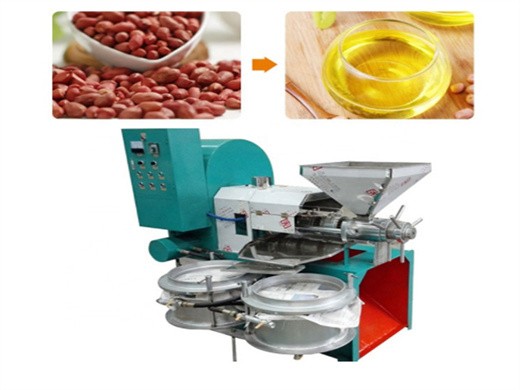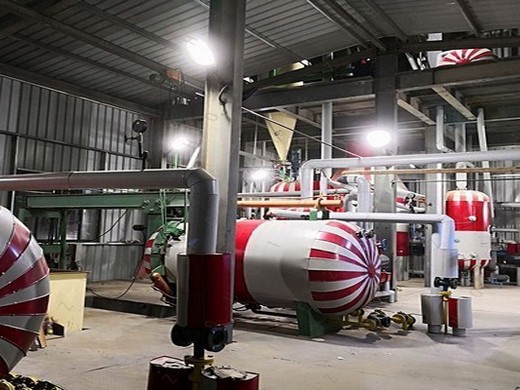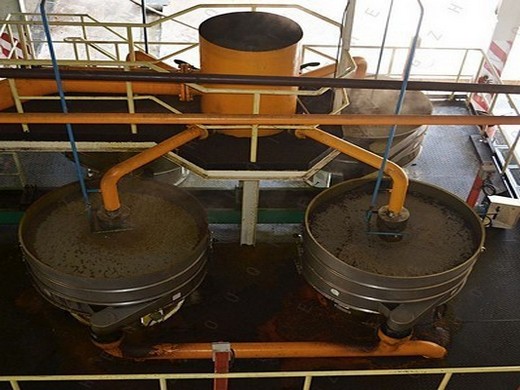influence of the vegetable oil refining process on free
Influence of the vegetable oil refining process on free
The influence of the refining process on the distribution of free and esterified phytosterols in corn germ, palm, and soybean oil was studied. Water degumming did not affect the phytosterol content or
The influence of the refining process on the distribution of free and esterified phytosterols in corn germ, palm, and soybean oil was studied. Water degumming did not affect the phytosterol content or its composition. A slight increase in the content of free sterols was observed during acid degumming and bleaching due to acid‐catalyzed hydrolysis
Influence of the vegetable oil refining process on free
The influence of the refining process on the distribution of free and esterified phytosterols in corn germ, palm, and soybean oil was studied. Water degumming did not affect the phytosterol content or its composition. A slight increase in the content of free sterols was observed during acid degumming and bleaching due to acid-catalyzed hydrolysis of steryl esters.
Verleyen, Tom, U SOSINSKA, S IOANNIDOU, et al. “Influence of the Vegetable Oil Refining Process on Free and Esterified Sterols.” JOURNAL OF THE AMERICAN OIL
Influence of refining of vegetable oils on minor
The influence of the refining process on the distribution of free and esterified phytosterols in corn germ, palm, and soybean oil was studied. Water degumming did not affect the phytosterol content or
The influence of the refining process on the distribution of free and esterified phytosterols in corn germ, palm, and soybean oil was studied. Water degumming did not affect the phytosterol content or its composition. A slight increase in the content
INFLUENCE OF REFINING OF VEGETABLE OILS ON MINOR
INFLUENCE OF REFINING OF VEGETABLE OILS ON MINOR COMPONENTS 169 The processes differ in the procedure to remove free fatty acids, which is performed in the chemical refining by chemical neutralization and in the physical refining by distillation. The first step in the refining process is a degumming designed to remove
Edible oil refinery plant and edible oil refining process . Edible oil refining is a process to remove impurities that are contained in crude oil obtained either from expellers or solvent extraction plant, and improve the functionality of the oils. These impurities include Moisture, Solids, Gums, Free-Fatty Acids (FFA), Waxes, and Compounds
Effect of refining on quality and composition of sunflower oil
Quality of sunflower oil. The physico-chemical parameters of crude sunflower oil, refined oil obtained from the experimental unit and commercial refined oil sample is given in Table 1.The oil samples were found to be completely moisture free after refining and less than the maximum limit
Quality of sunflower oil. The physico-chemical parameters of crude sunflower oil, refined oil obtained from the experimental unit and commercial refined oil sample is given in Table 1.The oil samples were found to be completely moisture free after refining and less than the maximum limit
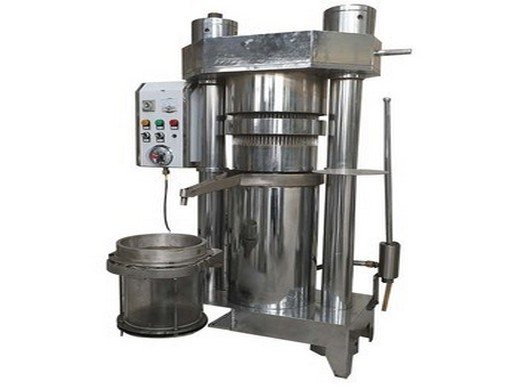
Chapter 5 : Processing and refining edible oils
Soybean oil, which is high in g-tocopherol and consequently well-protected in vitro, is relatively low in a-tocopherol and cannot reach this ratio. The, b-carotene in palm oil is another valuable component that needs consideration in the refining process. Special processes for retention are being designed. Olive oil and sesame oil are used in
Get Price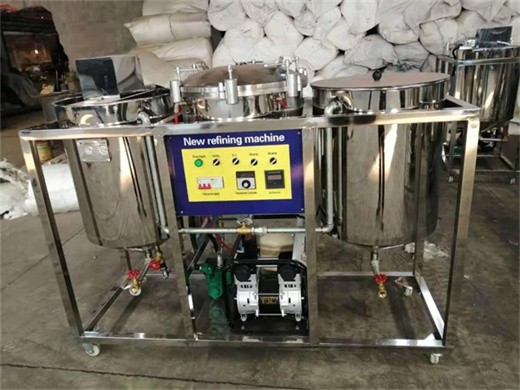
Advanced Vegetable Oil Processing and Its Steps
Vegetable Oil Processing Oil Refining Crude oil is typically shipped for refining to establishments engaged in the production of edible vegetable oils, shortening, and margarine. Crude vegetable oils contain small amounts of naturally occurring materials such as proteinaceous material, free fatty acids, and phosphatides.
Get Price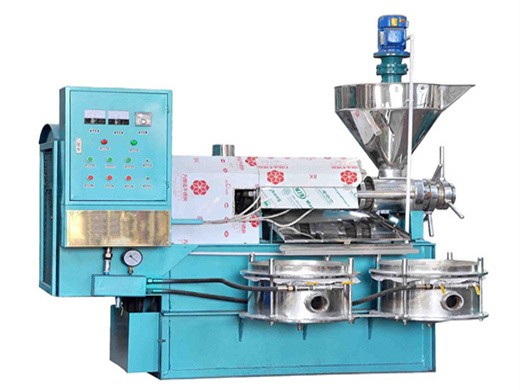
The influence of palm oil quality on the refining conditions
‘The influence of palm oil quality on the refining conditions Physical refining is a process in which free fatty acids and other volatile compounds are removed from the oil by applying high temperatures and low pressures, with the addition of live steam as a stripping gas. However, depending on the initial oil quality, lower temperatures and less amount of stripping gas could be used to
Get Price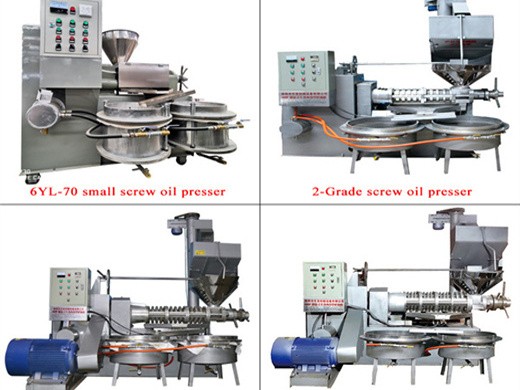
The Influence of Traditional and Minimal Refining on the
The Influence of Traditional and Minimal Refining on the Minor Constituents of Canola Oil Saeed Mirzaee Ghazani Advisor: University of Guelph, 2012 Professor Alejandro G. Marangoni The minimal refining method described in this study made it possible to neutralize crude canola oil using some weaker alkali such as Ca(OH) 2, MgO and Na 2 siO 3 as an alternative for NaOH. After citric acid
Get Price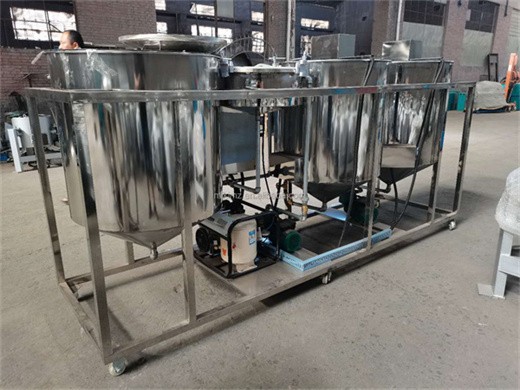
Grape seed oil deacidification by molecular distillation
The change of the oil quality during physical refining is an important subject that has to be evaluated. The influence of the refining process on several oil quality aspects has been studied for different vegetable oils (De Greyt et al., 1999, Verleyen et al., 2002, Tubaileh et al., 2002).
Get Price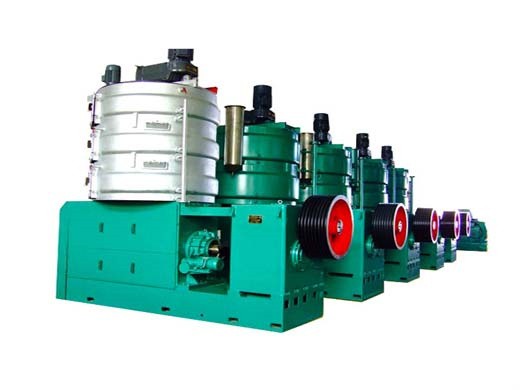
The effect of refining process on the physicochemical
loss during the refining process, and antioxidant activity of oil will change as well. Moreover the oxidation of lipid and its associated substances, lipid degradation products, toxic and harmful substances will exist in the oil products during the refining process and
Get Price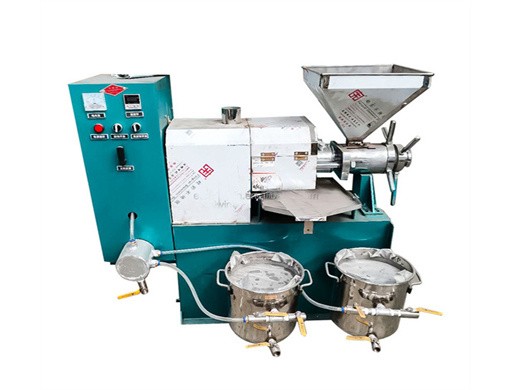
Minor Components in Canola Oil and Effects of Refining
Crude canola oil is composed mainly of triacylglycerols but contains considerable amounts of desirable and undesirable minor components. Crude canola oil is refined in order to remove undesirable minor compounds that make this oil unusable in food products. However, refining can also cause the removal of desirable health-promoting minor components from the oil.
Get Price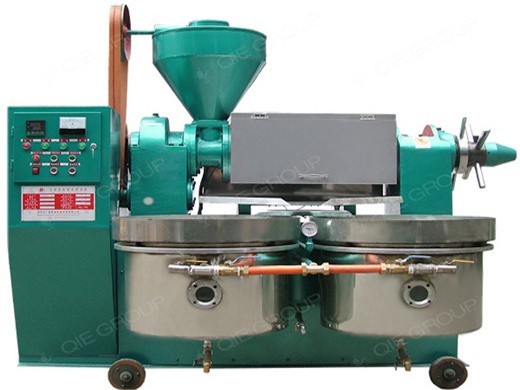
Vegetable Oil Refinery, Oil Refining Plant, Oil Refining
Chemical Refining In Chemical Refining, Vegetable Oil is treated with caustic lye for separation of free fatty acids from oil. This is a conventional process that can be applied to all oils. A byproduct of alkali refining is soap-stock, which is used for manufacture of low quality washing soap. Alternately, the soap-stock can be treated with
Get Price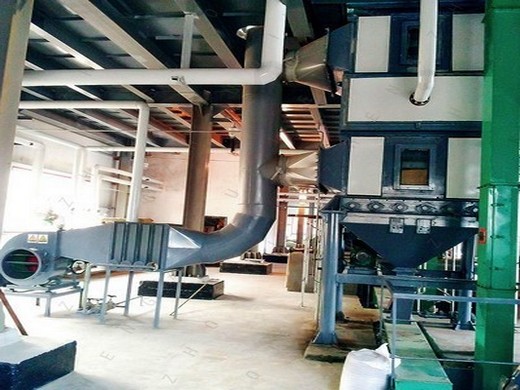
What is physically refining of edible oils?
Edible/vegetable oil refining is a step by step process. Refining removes phospholipids, pigments, off-flavors, free fatty acids and other impurities in the crude oil. The entire vegetable oil refinery plant process comprises degumming/neutralizat...
Get Price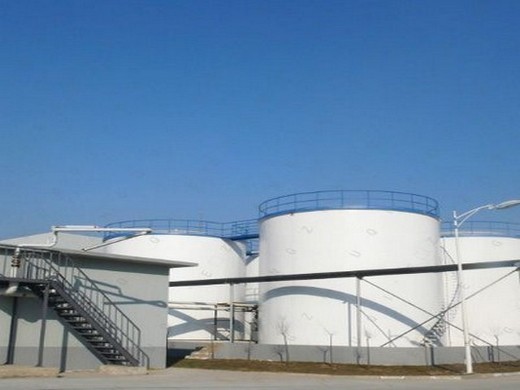
Chemical Refining and Physical Refining of Vegetable Oil
Edible/vegetable oil refining is a step by step process. Refining removes phospholipids, pigments, off-flavors, free fatty acids and other impurities in the crude oil. The entire oil refining plant process comprises degumming/neutralization, bleaching, deodorization, and winterization.
Get Price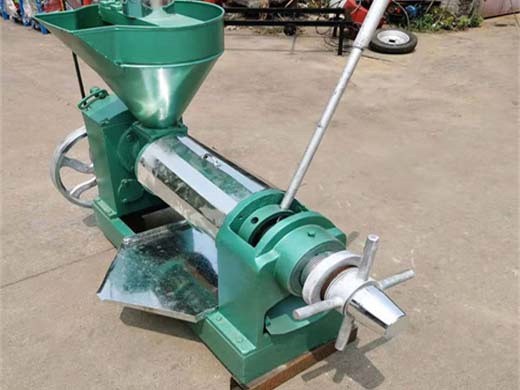
Refining Vegetable Oil: A Nasty Process
The process of refining vegetable oil damages the fats and makes the oils very unstable and prone to going rancid quite easily. Rancid oils in any form are particularly bad for your health because they introduce cancer-causing free radicals into your body, without
Get Price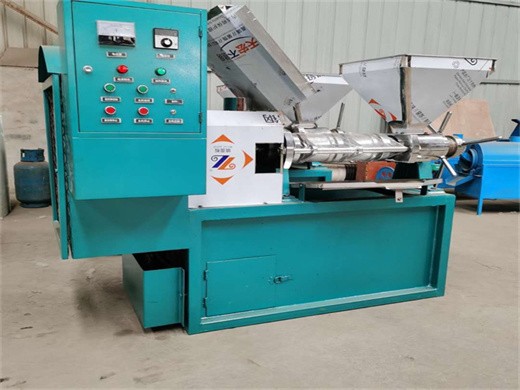
Free Fatty Acids an overview ScienceDirect Topics
Free fatty acids are presented in crude oils but they are removed during refining process. Free fatty acids are more susceptible to autoxidation than esterified fatty acids. Thus, free fatty acids act as pro-oxidants in edible oil (Morales and Przybylski, 2013; Choe and Min, 2006). These compounds have a hydrophilic and a hydrophobic group in
Get Price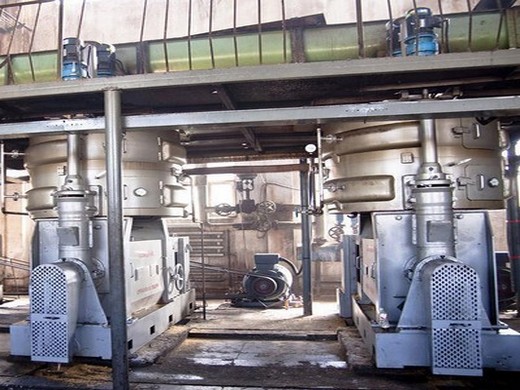
Edible oil processing
Process Description of Edible Oil Refinery : For refining the edible oil, there are three basic processes in the refinery. • First process is neutralizing the oil in the neutralizer to remove the Free Fatty Acids (FFA) by adding caustic soda. • Oil is heated up to about 60°C by thermic fluid coils and oil is stirred by stirrer. • Then soap stock formed due to chemical reaction is
Get Price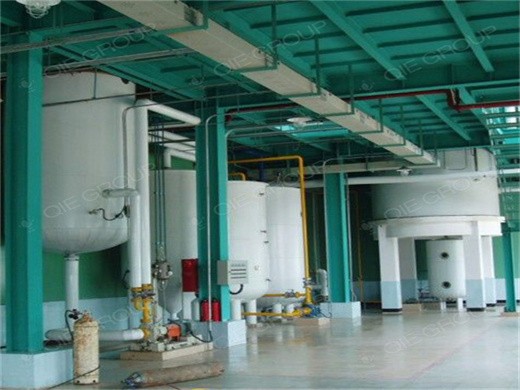
Effect of Refining Process on the Quality Characteristics
influence on the smell and taste of food products (Zulkurnain et al., 2012). During the industrial production of vegetable oils and 12 in the oil samples after refining process. fats by crushing or solvent extraction, various kinds of minor constituents such as dirt, moisture, gums, waxes, color pigments,
Get Price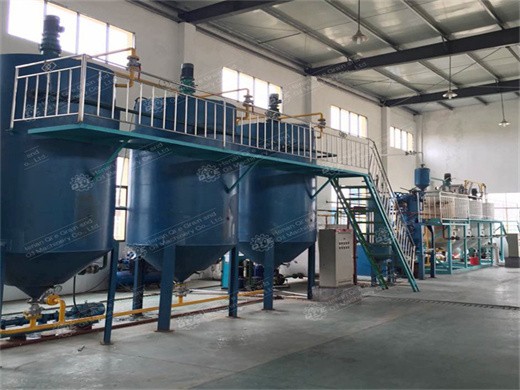
FAQ about vegetable oil processing technology Oil
4) Deodorization section in vegetable oil refining process: Different crude oil with different bad smell, should be removed off, so that the smell of product oil qualified to the standard. In vegetable oil refining process, using steam take the bad smell off in high temperature and vacuum conditions.
Get Price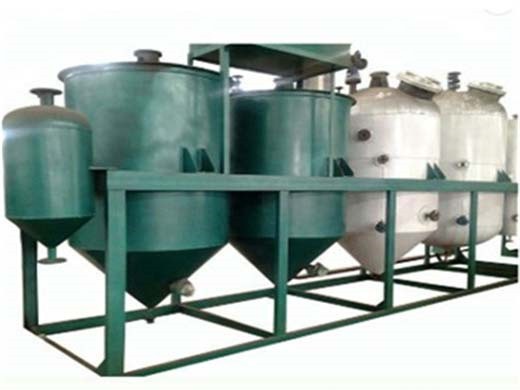
What is the vegetable oil refining process?
Process Description of Vegetable Oil Refining is as follows. Water Degumming :- Water Degumming is first step in the Edible Oil Refinery Process. Oils contains Hydratable Phosphatide which absorb the water, that Hydratable Phosphatides are oil-
Get Price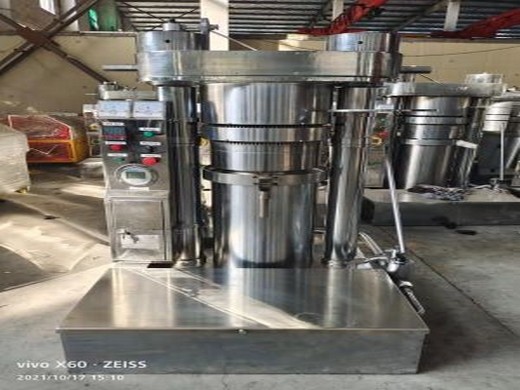
Optimization of Bleaching Earth and Extraction of Free
aims to study the Optimization of Bleaching Earth and Extraction of Free Fatty Acid (FFA) in Palm Oil Refinery Process which involves process of degumming and bleaching using neutral and acid-activated clays. Degumming is the pre-treatment stage of physical refining crude palm oil and these stages are identified as the major contributors to the
Get Price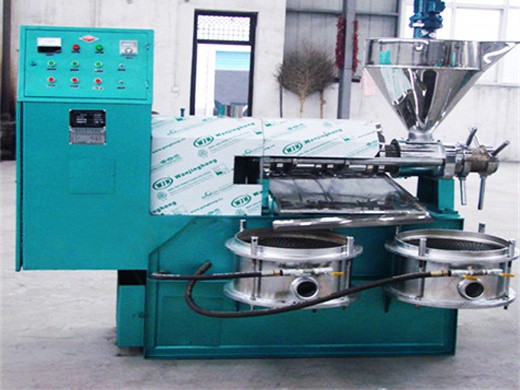
9.11.1 Vegetable Oil Processing
9.11.1 Vegetable Oil Processing 9.11.1.1 General1-5 The industry group producing fats and oils includes cottonseed oil mills, soybean oil mills, vegetable oil mills (other than corn germ, cottonseed, and soybean), and other mills. Wet corn germ mills are the primary producers of corn germ oil. Approximately 137 vegetable oil plants operate in the United States.
Get Price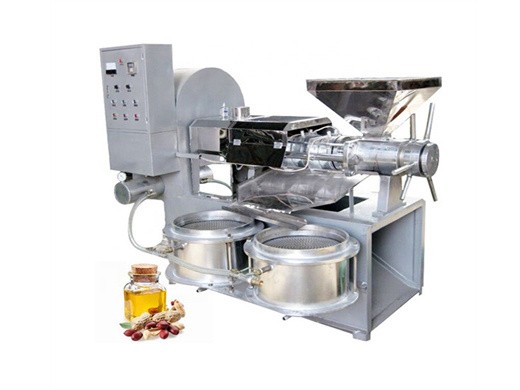
Vegetable oil processing technology, edible oil refining
Frequently asked questions about vegetable oil processing technology, edible oil refining process, methods, steps, technology, and the detailed introduction based on engineers' explaination.
Get Price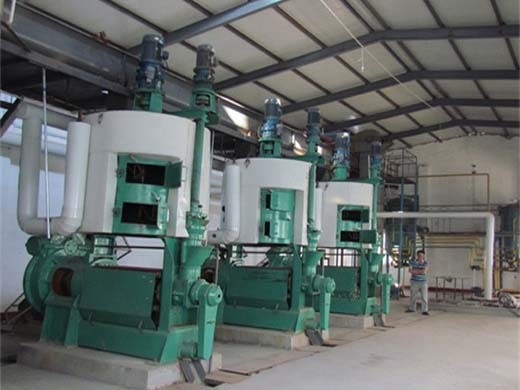
Understanding Oils & Fats and Processing aspects in practice
Understanding Oils & Fats and Processing aspects in practice LOTTE FOODS Kim Jong Gil . Agenda 1. What is Oils & Fats ? 2. Edible Oil Processing 3. TransFatty Acids 4. Latest Technologies Adopted in Lotte Foods DIC Vacuum Production and Nanoneutralization in Refining Process Environmentally Friendly Energy Saving in Plant Management. What is Oils & Fats? Definition of Oils & Fats: 油(Oil
Get Price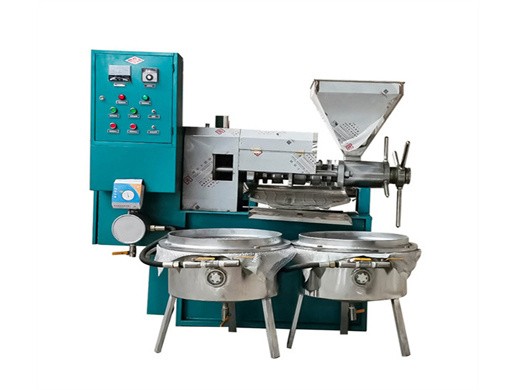
Refined oils and why you should never eat them
In the process of making and refining these types of oils, it leads to PUFas (rancid polyunsaturated fatty acids) which DO NOT hold up well to high heats. In the process of being extracted from the seed these oils oxidize and turn into trans fats. The smell is so rancid that a cleaning process has to take place using bleach to deodorize it. Avoid:
Get Price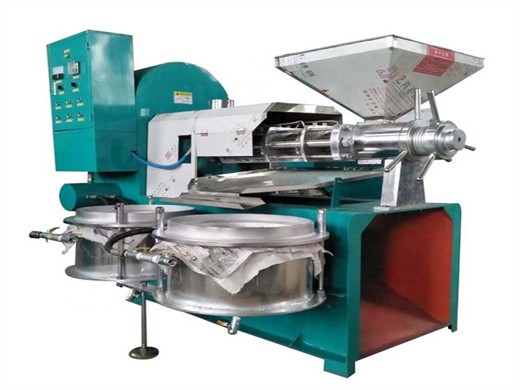
Edible Oil Refining Processes Degumming
Thus the refining of the oil in a solvent (usually Hexane) in which it was extracted is known as “miscella refining”. Refining is done to remove pigments, free fatty acids and other mucilaginous materials. Process Description
Get Price
PROCESS FOR REFINING VEGETABLE OIL AND ITS FOOD VALUE
1.0 Introduction of “Process for Refining Vegetable Oil and Its Food Value” CHAPTER TWO. The Oil Palm . Extraction and Refining of Vegetable Oil. Types and Sources of Vegetable Oil. Physical Properties and Chemical Reactions of Vegetable Oil. Role of Vegetable Oil in the Diet. Utilization and Production of Vegetable Oil. Factors Influence
Get Price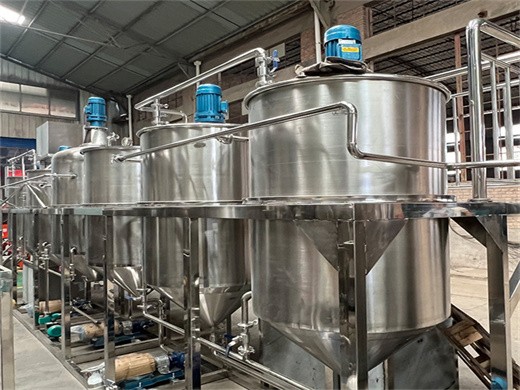
How is vegetable oil refined?
Refining processes varies according to oil to be processed as different oil contains different type of impurities. After expelling/extraction, oil is processed through three main stages 1} Neutralization : to remove free fatty acids and other impu...
Get Price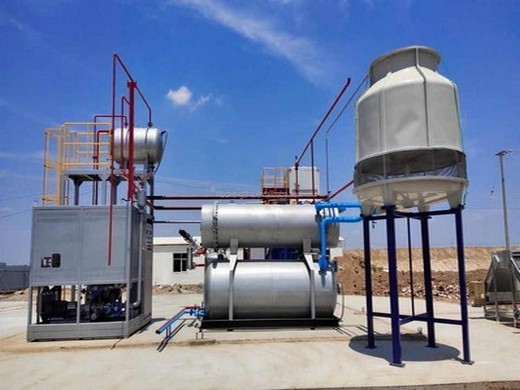
The effect of refining process on the physicochemical
Information on the physicochemical variability in rapeseed oil from different varieties during each refining process is lacking. Our purpose was to investigate the physicochemical properties, micronutrients and oxidative stability of the oil extracted from the five varieties of rapeseeds during their different stages of refining process.
Get Price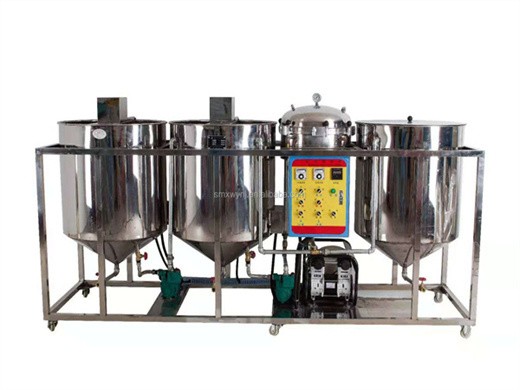
Optimization of Bleaching Process American Oil Chemists
Some consider bleaching the “safety net” of the refining process in that it is the last operation in the oil refining process before going to deodorization. As the focus of this paper would suggest, optimization of the bleaching process is considerably important to both (1) achieving high quality refined oil products and (2) the economic
Get Price
What is chemical refining of edible oil?_Tech
This chemical refining of edible oil can be used for refining almost all crude vegetable oils except for castor oil. Edible oil chemical refining process In edible oil chemical refining process, alkali deacidification is the most critical stage, which is the stage leading to the highest loss of neutral oil and the most influential stage on refined oil quality.
Get Price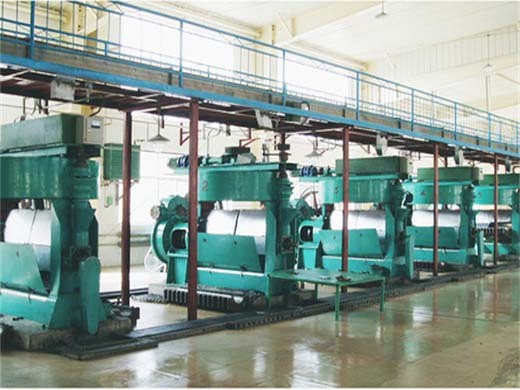
Basics of Alkali Refining of Vegetable Oils
Basics of Alkali Refining of Vegetable Oils Renato Dorsa Klaus-Peter Eickhoff Mechanical Separation Division Westfalia Separator Food Tec GmbH. 2 Objectives of Refining 1. Removal of undesired products from crude oils • free fatty acids (FFA) • phospholipids (gums) • oxidised products • metal ions • colour pigments • others 2. Preservation of valuable vitamínes. (vitamina E or
Get Price
